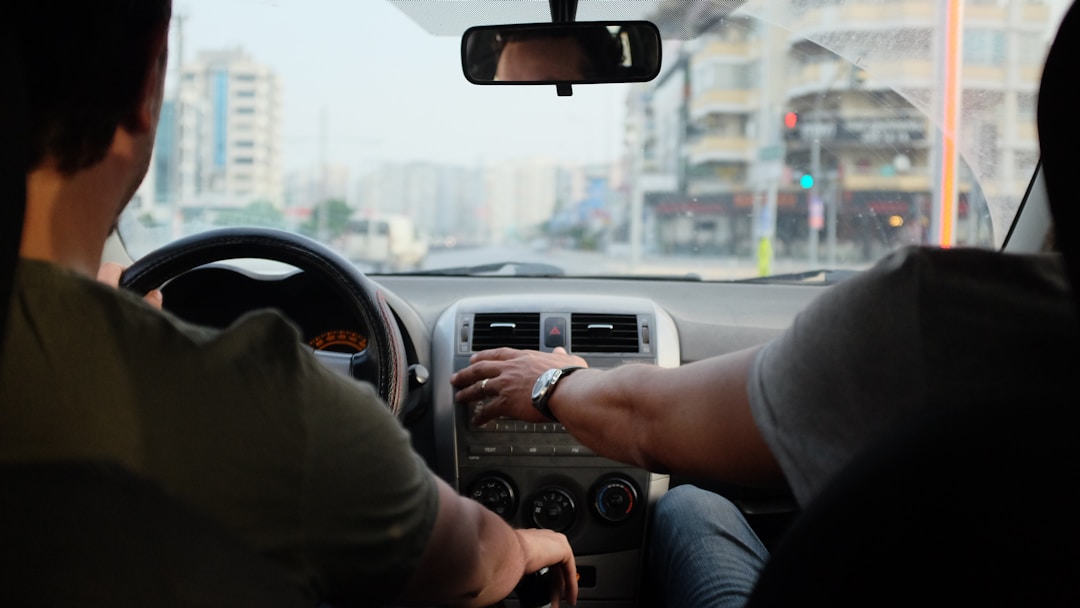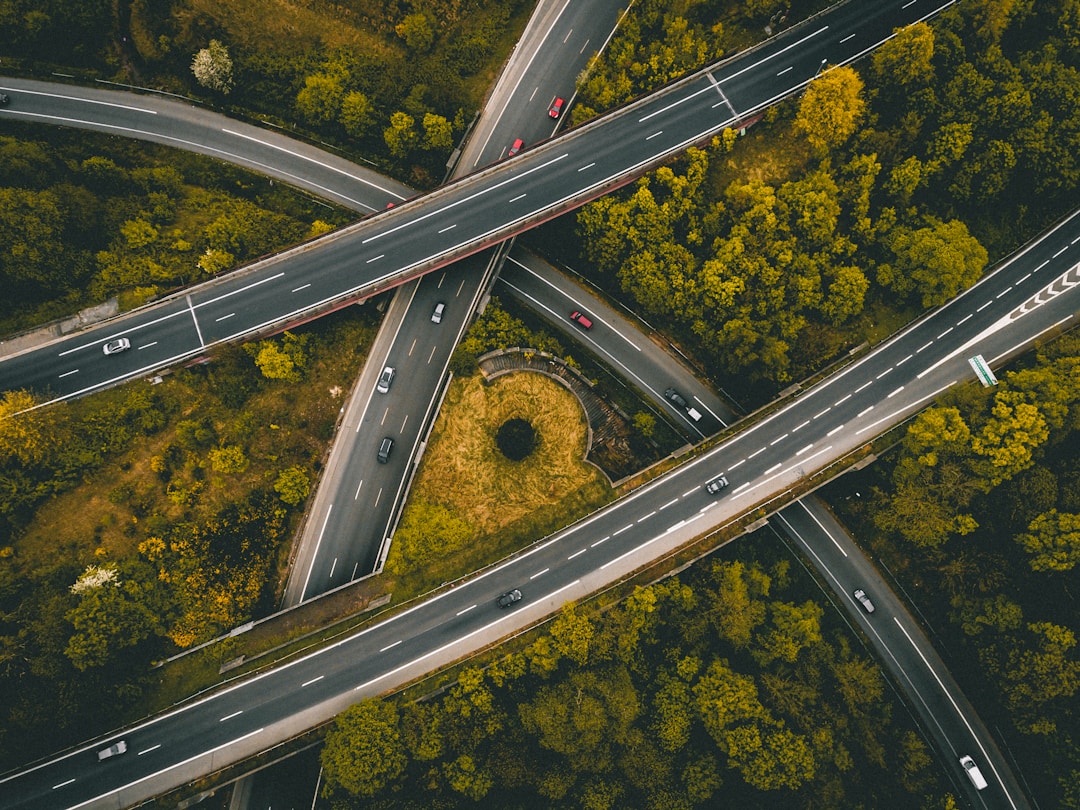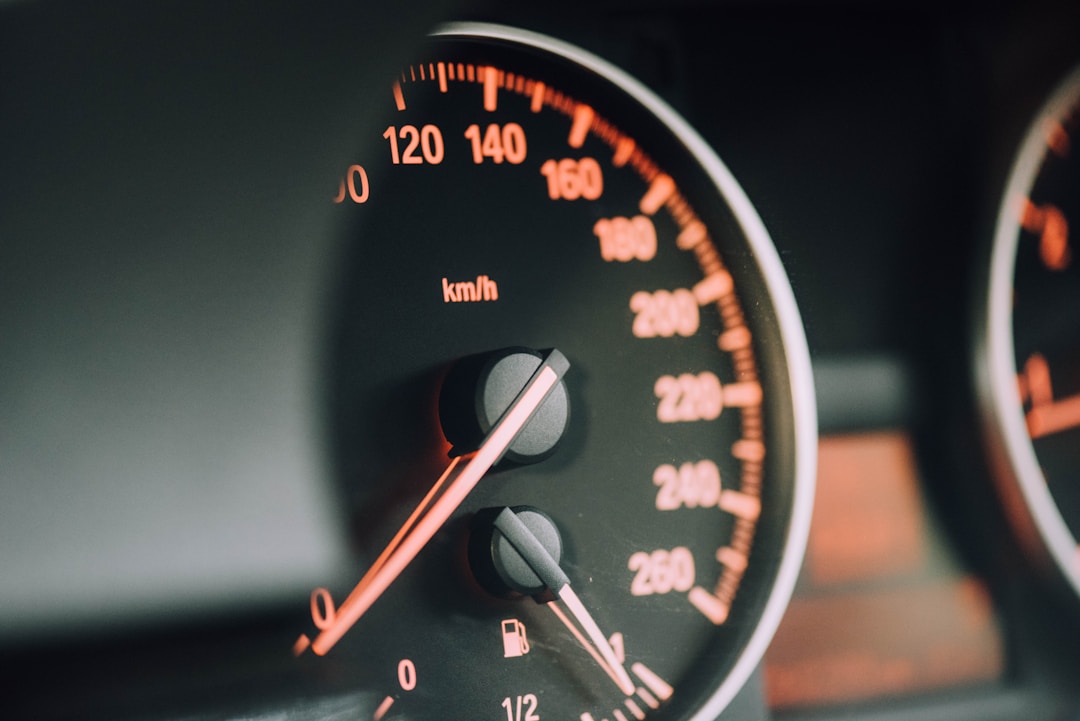Money Saving Tips for Drivers
Owning a car can quickly get expensive. Between car insurance, gas, and maintenance, costs can easily eat into your budget. The good news is that there are plenty of cost-saving measures you can adopt to save money while driving. Take a look at some ways you can find savings on your car expenses.
Find ways to reduce your commute time.

Commuting to work in an empty car is tough on your wallet and the environment, especially if you work in a busy district with scarce and costly parking. Carpooling with neighboring coworkers is a great way to reduce the amount of mileage you put on your car and save on gas.
Taking advantage of public transportation such as regional trains or buses can help you reduce commuting costs. Biking to work is a great way to get your exercise, reduce your carbon footprint, and significantly cut your driving expenses.
Find a better rate on your car insurance.

Every state has a minimum coverage requirement. How much coverage you purchase, the type of coverage, the choice of an insurance company, and your zip code all factor into your car insurance costs. There are plenty of ways you can save money on your auto insurance policy. Most insurers offer discounts for good drivers or for insuring multiple vehicles. You can also earn savings by taking a defensive driving course, reviewing your coverage, increasing your deductibles, and shopping for a better car insurance rate.
Comprehensive insurance gives you peace of mind by helping with the costs of property damage resulting from vandalism, theft, or collision. Car insurance can cover all or part of the cost of repairs or replacement to your car or a third party’s car or property. Not all auto insurers offer the same coverage options or rates. Insurance companies consider your driving record, zip code, credit history, and the make, model, and year of your car when determining your car insurance rate.
The best way to find the most affordable auto insurance coverage for your needs is to compare auto insurance quotes from a range of providers. At iSelect.com.au, motorists can request and compare car insurance quotes to find the best insurance policy for their budget and driving needs.
Plan the most efficient routes.

Your car burns more fuel to accelerate than it does to coast or cruise. Planning the most fuel-efficient route to your destination means choosing the route with the least acceleration and deceleration. You’ll burn less fuel driving a route with fewer red lights, less congestion, lighter traffic, and fluid traffic flow. Take advantage of navigation apps with real-time traffic data to see stoplights and traffic ahead of time.
The smoother you accelerate and decelerate, the more fuel-efficient your driving is. Avoid flooring the gas at red lights and waiting to slam on the brakes at the last minute. Practicing basic defensive driving can greatly reduce fuel consumption, which means fewer trips to the gas station.
Follow the speed limit.

Your car becomes less fuel-efficient at speeds above 50 miles per hour. This means that the faster you drive, the more gas you burn, and the more you spend at the pump. The best way to avoid paying more in gas is to follow the posted speed limit.
Be smart at the gas pump.

Don’t wait until the last minute to fill up your gas tank. Waiting until your tank is empty increases the chances that you’ll have to settle for a higher price at the first gas station available. It’s a smart idea to fill up your tank when it’s three-quarters empty so that you have time to spot the cheapest gas.
Familiarize yourself with the “premium” gas stations known to charge a higher cent-per-gallon rate so that you can avoid them. You can download a gas station finder app on your smartphone to help you find the cheapest stations in the area.
These are some of the many ways you can reduce your driving expenses. Reducing your commute, planning efficient routes, comparing car insurance, following the speed limit, and being smart at the gas pump can help keep money in your pocket.
